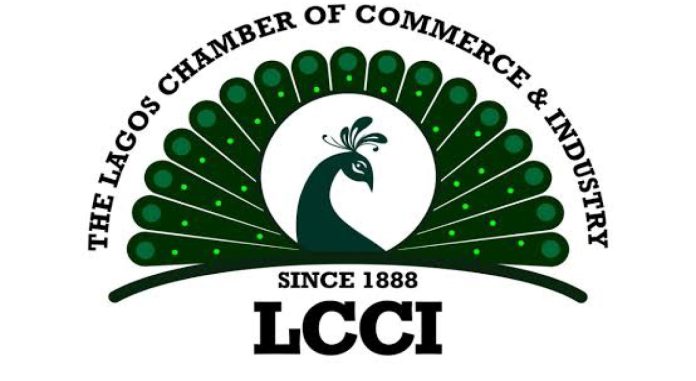The Director General of Lagos Chamber of Commerce and Industry, Chinyere Almona, has expressed surprise over the abrupt implementation of the newly introduced four per cent Customs Processing Charge, which took effect on February 4, 2025.
Similarly, the Chief Executive Officer of the Centre for the Promotion of Private Enterprise, Muda Yusuf, has expressed shock at what he called an unwarranted charge, saying it would add to the other numerous customs charges, burdening importers and, in extension, businesses and manufacturers.
He said the private sector, which is already suffering from a multitude of challenges, would be forced to absorb the fresh challenge, wary of passing it to the struggling market as another cost.
Expressing sadness, Yusuf said the additional charge would soon reflect in the marketplace, worsening inflation.
He called on the Federal Government and the NCS to suspend the enforcement of the charge and engage in a structured sensitisation process to ensure stakeholders are adequately informed and prepared before the implementation takes effect.
Almona said while she recognises the charge is backed by the provisions of the Nigeria Customs Service Act 2023; she is deeply troubled by its sudden implementation without consultations with relevant stakeholders.
She said Section 23 of the Act mandates public notification and stakeholders’ engagement before the introduction of any new charges.
“Unfortunately, the business community, including importers, exporters, freight forwarders and clearing agents, were not given any prior notice or opportunity to prepare for this additional financial burden,” she decried.
Beyond the absence of consultation, Almona said it is regrettable that all government agencies show little concern and are not sensitive to any additional cost burdens on businesses and regulations that can create a difficult business environment.
Currently, she said, businesses are already overburdened with various levies, taxes and charges.
“We are also faced with other policy cost implications like high interest rates, increasing cost of operations due to inflation and FX scarcity needed to import critical inputs for production. Most recently, the business community has been grappling with a planned 50 per cent hike in telecom tariffs in the face of rising logistics costs due to high energy prices,” she decried.
She condemned that the lack of consultation and sensitisation contradicts international best practices, which require trade-related policies to be implemented through transparent and inclusive procedures.
“Furthermore, the sudden implementation of this charge risks causing congestion at the ports, as many traders and clearing agents may hesitate to process shipments, leading to delays and possible disruptions in the supply chain.
“Such an outcome will ultimately hurt revenue generation for the government and impact the overall ease of doing business in Nigeria. Uncertainties and controversies are toxic to our business environment and must be carefully avoided. With tariff wars across major world economies, this is an opportunity for Nigeria to position itself to take up emerging export opportunities,” she said.

